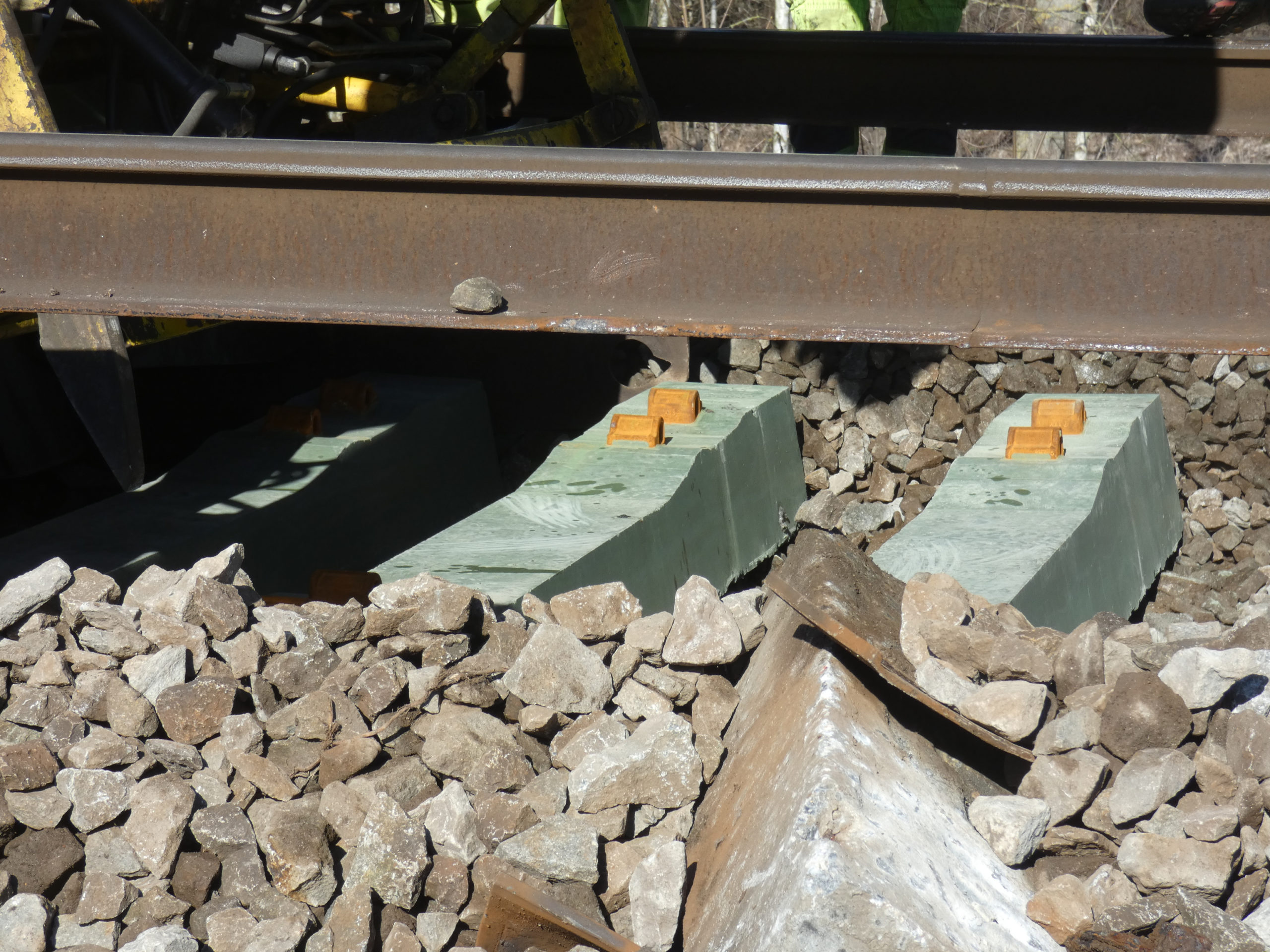
Infrabel first rail manager in Europe to install ‘green’ cross ties

Infrabel is the first to introduce the ‘green’ – in both senses of the word – cross ties. The latter are made from sulfur concrete, which is a solid and environmentally friendly en fully recyclable construction material /Belga
On Saturday, rail manager Infrabel installed the first 'green' – in both senses of the word – cross ties in Europe. The literary green c


Comments
Ready to join the conversation?
You must be an active subscriber to leave a comment.
Subscribe Today